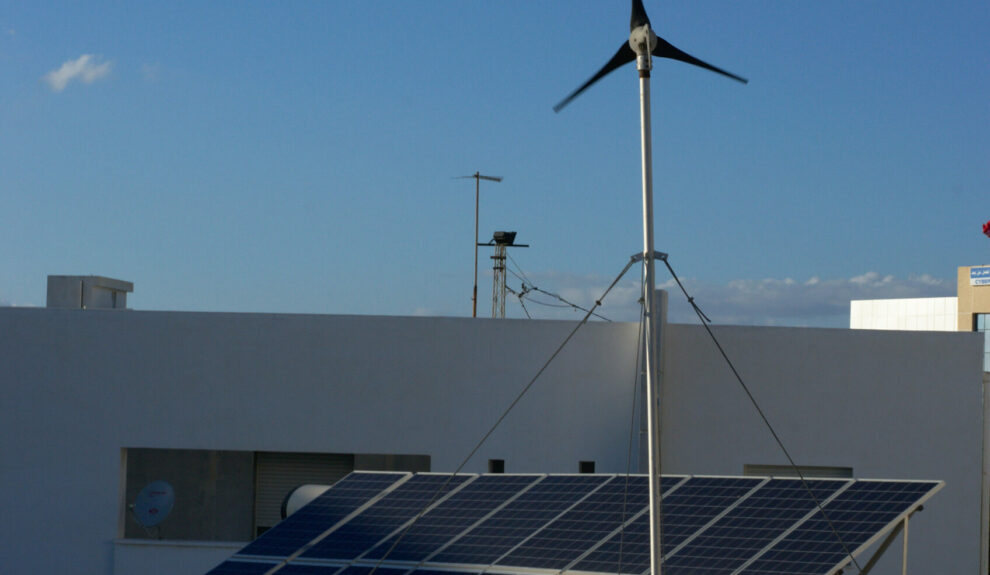Tunisia’s economic recovery slowed in 2022 while the current account and fiscal deficit rose amid mounting global energy and food prices and more working-age people stayed out of the labor market amid diminishing job prospects, according to the World Bank’s Spring edition 2023 of the Tunisia Economic Monitor.
The report acknowledges Tunisia’s significant potential but notes that the country’s post-COVID economic recovery continued to be moderate (real GDP grew by 2.5 percent in 2022) due to the current pace of economic reforms, resulting in regulatory barriers to growth. Additionally, the report highlights that reforming energy subsidies can help address the macro-fiscal crisis, improve state-owned enterprises’ (SOEs) financial viability, and stimulate the green transition.
Published under the title Reforming Energy Subsidies for a More Sustainable Tunisia, the report forecasts Tunisia’s GDP growth for 2023 to be around 2.3 percent, subject to significant uncertainty and depending on the progress of financing conditions and structural reforms. The report recommends adopting and implementing a necessary reform agenda to meet Tunisia’s external financing requirements and to promote sustainable economic growth.
“Tunisia’s economy remains under pressure, and reforms are urgently needed to improve the business environment and strengthen competition. Government’s plans to reduce energy subsidies are a step in the right direction, and it is crucial to swiftly implement them and adopt complementary policies so as to ensure a sustainable recovery,” stated Alexandre Arrobbio, World Bank’s Country Manager for Tunisia.
Part A of the report analyzes the negative impact of the global commodity price hike on the country’s economy. This increased the trade deficit from 10.2 percent of GDP to 15 percent of GDP in 2022, with energy and food accounting for 69 percent of the deficit. The global price hike also resulted in higher consumer subsidies, particularly energy, putting pressure on the budget and public debt. Given the limited access to international financing, Tunisia’s Central Bank continued refinancing the domestic banking sector for treasury bond purchases. Local financing of the debt remains challenging given that inflation is at its highest level in over three decades (due to rising global prices).
Part B emphasizes the importance of reforming energy subsidies. Tunisia’s energy subsidies have become increasingly costly, averaging 2.1 percent of GDP over the last decade and jumping to 5.3 percent in 2022. Phasing out energy subsidies would help address not only the macro-fiscal crisis but could also improve the energy sector performance and stimulate renewable energy production. The report also underscores the need to minimize the impact of reform on the most vulnerable, which could be achieved through a mix of stable electricity and gas tariffs for low-income households and transfers to offset their financial burden during the transition. In addition, accompanying subsidy reforms with programs to help businesses and households invest in energy efficiency and renewable self-generation can help tame inflationary pressure on households and firms, maintain firm competitiveness, and support the green transition.
Source : Mirage News
















